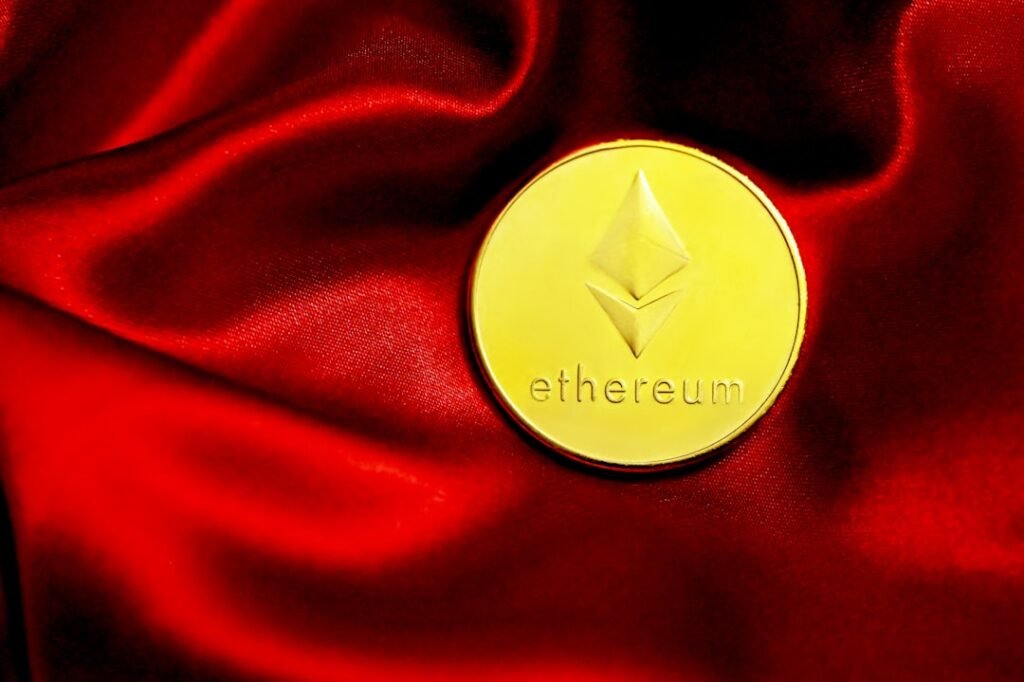Ethereum co-founder Vitalik Buterin has published a significant shift in his perspective on decentralized finance (DeFi), expressing strong support for low-risk DeFi applications. Buterin acknowledged that his previous skepticism was influenced by regulatory constraints, but he now sees mature, low-risk DeFi as essential to Ethereum’s economic sustainability. In his comprehensive analysis, Buterin identifies a fundamental tension within the Ethereum ecosystem: the conflict between applications that generate sufficient economic activity to sustain the network and those that fulfill the original vision of why people joined Ethereum. Historically, these categories have been disconnected, with financial applications like NFTs, memecoins, and speculative DeFi supporting the economy while non-financial applications struggle with low adoption rates. Buterin proposes that low-risk DeFi represents the solution to this dilemma, serving as Ethereum’s equivalent to Google’s search business—a reliable revenue generator that supports more experimental projects. This category encompasses payment systems, savings mechanisms, synthetic assets, fully-collateralized lending, and asset exchange capabilities. The Ethereum founder outlines two primary reasons for focusing on low-risk DeFi: these applications provide indispensable value to Ethereum users, and they align culturally with the community’s objectives at both application and protocol levels. Buterin acknowledges his historical skepticism toward DeFi, noting that earlier iterations primarily facilitated speculative trading of highly volatile tokens or offered unsustainable yields through liquidity mining incentives. He attributes this to regulatory challenges that penalized transparent, useful applications while protecting less substantive projects. However, Buterin observes that protocol security has significantly improved over time, reducing risks substantially. While attacks and losses still occur in DeFi, they’re increasingly concentrated in the ecosystem’s more experimental and speculative periphery. The core applications are becoming more robust, with transparency and automated execution potentially making mature DeFi more stable than traditional finance in the long term. Buterin emphasizes that low-risk DeFi aligns with Ethereum’s cultural values by using ETH as collateral, paying substantial gas fees, providing clear social value through permissionless global economic access, and avoiding incentives that might centralize Ethereum’s Layer 1. The Ethereum co-founder also highlights low-risk DeFi’s potential for natural evolution and synergy with more innovative applications, including reputation-based lending with reduced collateral requirements, prediction markets for hedging strategies, and alternative stable value forms beyond dollar-pegged assets. Buterin concludes that focusing on low-risk DeFi enables better economic sustainability for the Ethereum ecosystem while maintaining alignment with its core values and culture. He positions this category as already supporting Ethereum’s economy and synergizing with experimental applications, representing a project the community can collectively take pride in developing.












